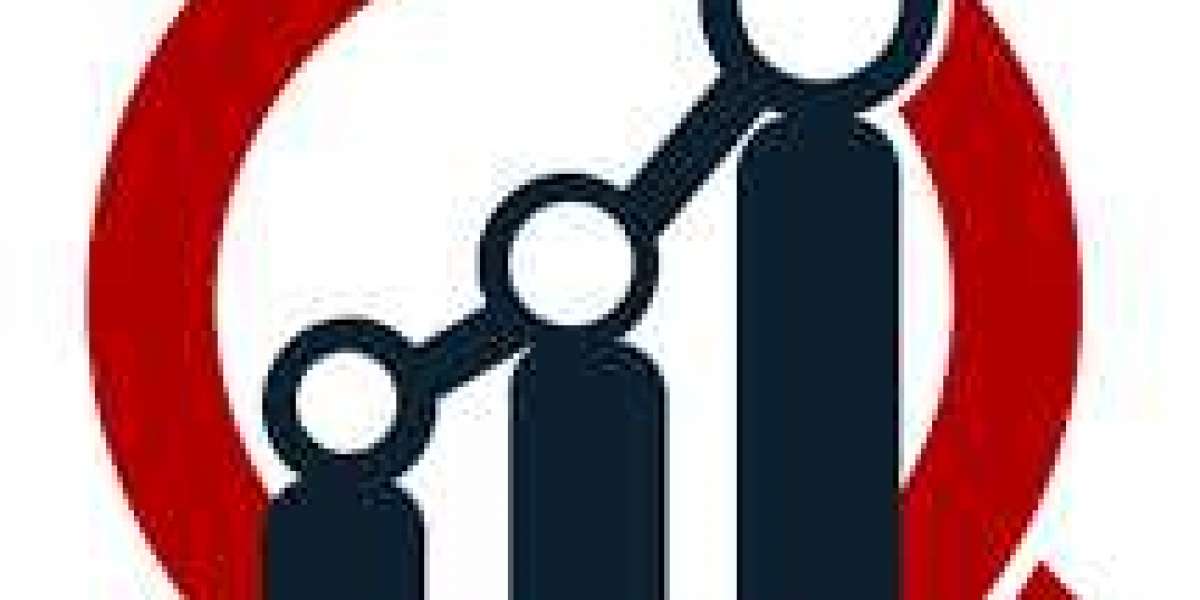Originally published by Quantzig: How Can Health Informatics Impact the Healthcare Industry?
Introduction:
The era of patients carrying bundles of prescriptions and medical reports is a thing of the past, thanks to the transformative influence of health informatics in the healthcare industry. This integration of information technology, communications, and healthcare is reshaping the landscape, enabling seamless acquisition, storage, and retrieval of healthcare information. Health informatics not only facilitates better collaboration among healthcare providers but also contributes to major healthcare reforms, with a focus on improving the quality of care and patient outcomes. This article explores the multifaceted impact of health informatics and its role in driving positive changes within the healthcare sector.
Enhancing Patient Outcomes:
One of the primary drivers behind the adoption of health informatics is its profound impact on improving patient outcomes. Electronic medical records (EMR) enable healthcare providers to deliver higher-quality care, ensuring accurate diagnoses and reducing the likelihood of medical errors. The efficiency of physicians is heightened as automation and technology streamline routine tasks, allowing healthcare professionals to care for more patients without compromising quality. The potential for technology to replace a significant portion of a doctor's work, such as routine checkups and diagnostics, is paving the way for a revolution in healthcare delivery.
Cost Savings Through Error Reduction:
Medical errors contribute significantly to rising costs in the healthcare industry. Health informatics addresses this challenge by eliminating many labor-intensive tasks, reducing human errors, and resulting in cost savings for both healthcare facilities and patients. The implementation of electronic health records (EHR) plays a crucial role in reducing errors, ensuring accurate and instantaneous access to historical patient data, thereby reducing the need for repetitive testing and blood work.
Empowering Patient Engagement:
For patients managing chronic conditions like diabetes, obesity, cardiac issues, and asthma, health informatics empowers individuals to actively monitor their medication usage and overall health. This engagement not only provides patients with a sense of control but also equips physicians with up-to-date information for making informed healthcare decisions. The collaborative approach between patients and healthcare providers leads to more effective healthcare choices.
Public Health Insights:
The power of knowledge is exemplified in the realm of public health through access to healthcare data. Health informatics facilitates the collection and analysis of data from thousands of patients across various diseases, offering valuable insights into disease management and drug efficacy. Public health informatics plays a crucial role in controlling disease spread during epidemics and enhancing preparedness for outbreaks. By monitoring changes in geography and demographics, health informatics empowers public health organizations to implement preventive plans effectively.
Telemedicine and Self-Treatment:
Health informatics enables physicians to remotely access patient data, reducing hospital visits and providing immediate care options. The success of medical wearable devices further enhances this capability, allowing healthcare professionals to gather diverse health metrics and recommend personalized treatment plans.
In conclusion, health informatics stands as a catalyst for positive change in the healthcare industry, enhancing patient outcomes, reducing costs, empowering engagement, providing insights for public health, and revolutionizing care delivery through telemedicine and self-treatment options. As the adoption of health informatics continues to rise, its impact on shaping the future of healthcare is undeniable.








